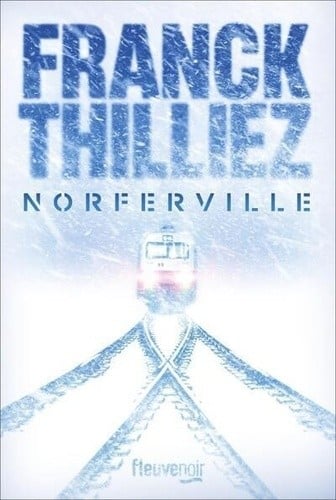En cours de chargement...
This book surveys the major theological writings of Hans Urs von Balthasar from the perspective of the relationship between finite and infinite freedom. The first part examines Balthasar's early treatment of the question in the context of the analogy of being. The second part concentrates on his more mature work, the Theological Dramatics, with its understanding of the relationship between finite and infinite freedom in terms of a 'dramatic encounter' in which, controversially, human freedom is thought to actively participate in an ever-greater exchange of love in God.
But this book is more than a survey. Observing the persistence of the 'analogy of proportionality' within the Dramatics leads the author in the third part to a critique of Balthasar's thought. It is argued that the continuation of the earlier perspective explains Balthasar's emphasis on the freedom of the individual to the neglect of social structures and their transformation. While the 'historical' as such is not neglected, as some claim it is, the focus is on the history of the individual and his or her relationship with God.
It is therefore contended that Balthasar's theology of the Trinity is more concerned with 'interpersonal' relationships than truly 'social' ones and that this is what inhibits a fruitful dialogue with social theologies.






